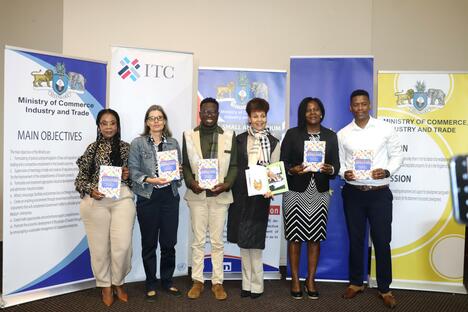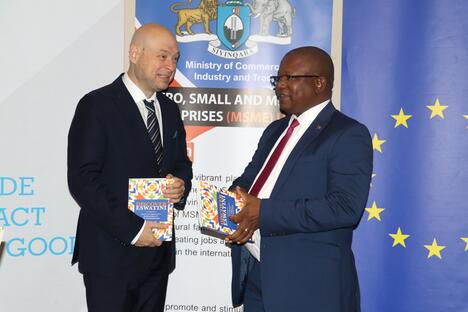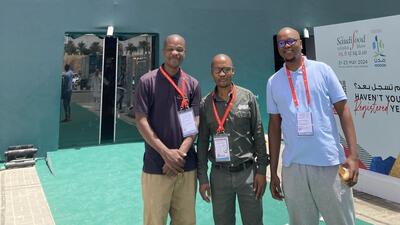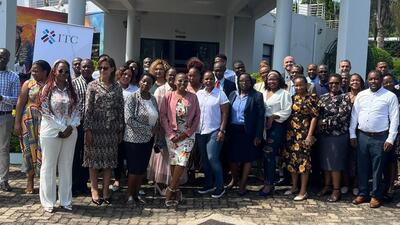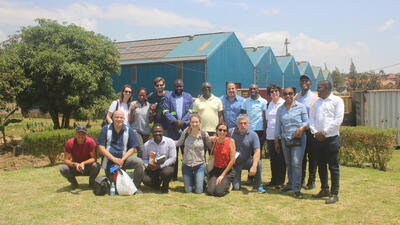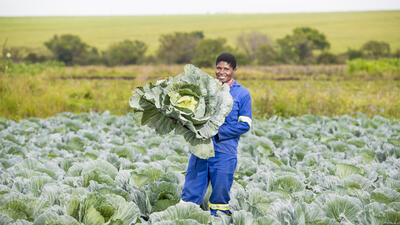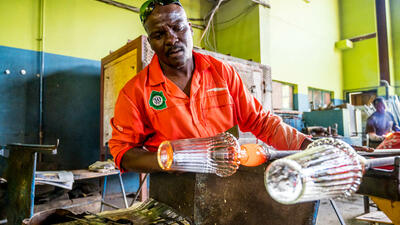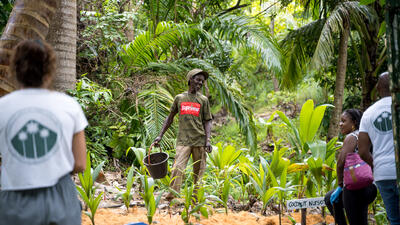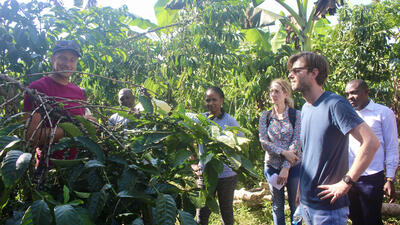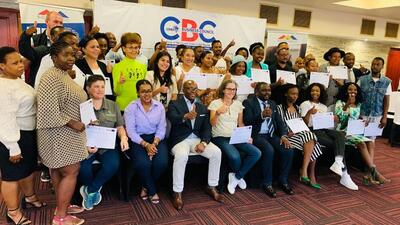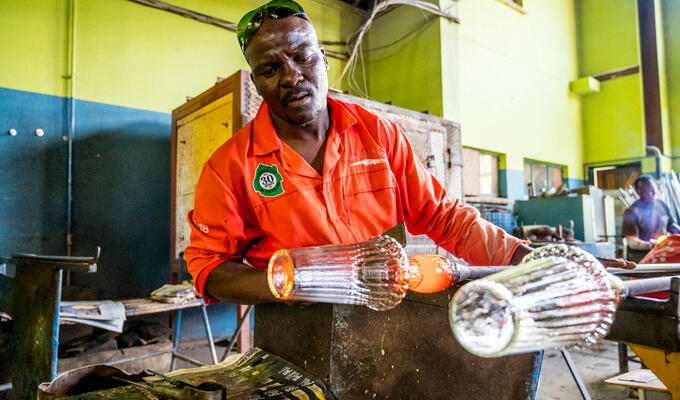
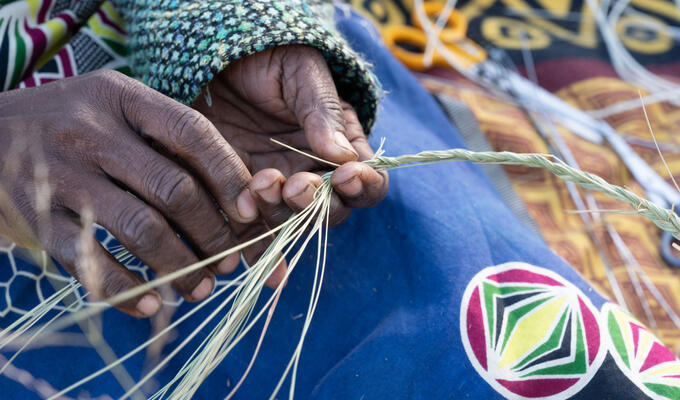
A book to celebrate Eswatini’s community of MSMEs
A new promotional book, launched to mark International MSME Day, pays tribute to Eswatini’s entrepreneurs, their stories, and their products.
Micro, small and medium-sized enterprises (MSMEs) are an engine of growth, creativity and innovation. International MSME Day, celebrated today, recognizes their efforts, their value, and their contribution to achieving the Sustainable Development Goals.
The current environment poses challenges for small businesses, as they deal with cumbersome trade procedures, inflation, and limited access to finance. In Africa, climate change brings an additional environmental challenge. In the Kingdom of Eswatini – a small, landlocked country – these challenges are particularly stubborn.
But as MSMEs in Eswatini are taking initiatives to make processes and operations environmentally sustainable. Using eco-friendly packaging, installing energy-saving appliances and using recycled materials are some of the steps they’re taking. A few businesses are working closely with national environmental agencies and forging international partnerships to get better informed on global environmental standards.
In Eswatini, the International Trade Centre is implementing several programmes in partnership with the EU and the Government to lay the groundwork for a sustainable future for Eswatini’s artisan entrepreneurs – one where they can operate unencumbered and see their projects flourish.
An important focus is the product-market combination. Eswatini offers the global market unique organic produce, artisan roasted coffee, handmade cultural creations, and gourmet condiment lines. The programme seeks to add more value locally by building alliances for local and regional value chains and supporting MSMEs to upgrade their products, acquire new skills, and expand product and business development.
Discover Eswatini: A dedication to artisans and MSMEs
Through these programmes, ITC, the EU Delegation in Eswatini and the Government of Eswatini produced a promotional book that showcases the country’s artisans and entrepreneurs, their stories and their products. Resilience and determination leap off every page.
The book strives to promote Eswatini to the world in a new light – as more than a tourism destination, and more than a commodity exporter. It showcases a country bursting with innovation, creativity, and potential. This book is then a tool for MSMEs to create further connections in the market and share their products in a narrative that highlights their competitiveness.
It’s a source of inspiration for the youth of Eswatini and beyond, as it demonstrates that pursuing agriculture, agribusiness, or artisan crafts can be avenues full of possibilities.
The Discover Eswatini book was launched in the Kingdom of Eswatini today, to celebrate International MSME Day, to pay tribute to its subjects, and to inspire the EmaSwati community.
About the project
The Eswatini: Promoting growth through competitive alliances project, funded by the European Union, supports job creation for small farmers, entrepreneurs and artisans. Eswatini offers the global market unique organic produce, artisan roasted coffee, handmade cultural creations and gourmet condiment lines. ITC’s Alliances for Action sustainable agribusiness initiative works closely with smallholder farmers, agro-processors and artisans in Eswatini to support them in ways that are sustainable and benefit both people and the planet. In this way, ITC fosters and preserves cultural heritage, and draws on artisan skills and concepts of green growth.




